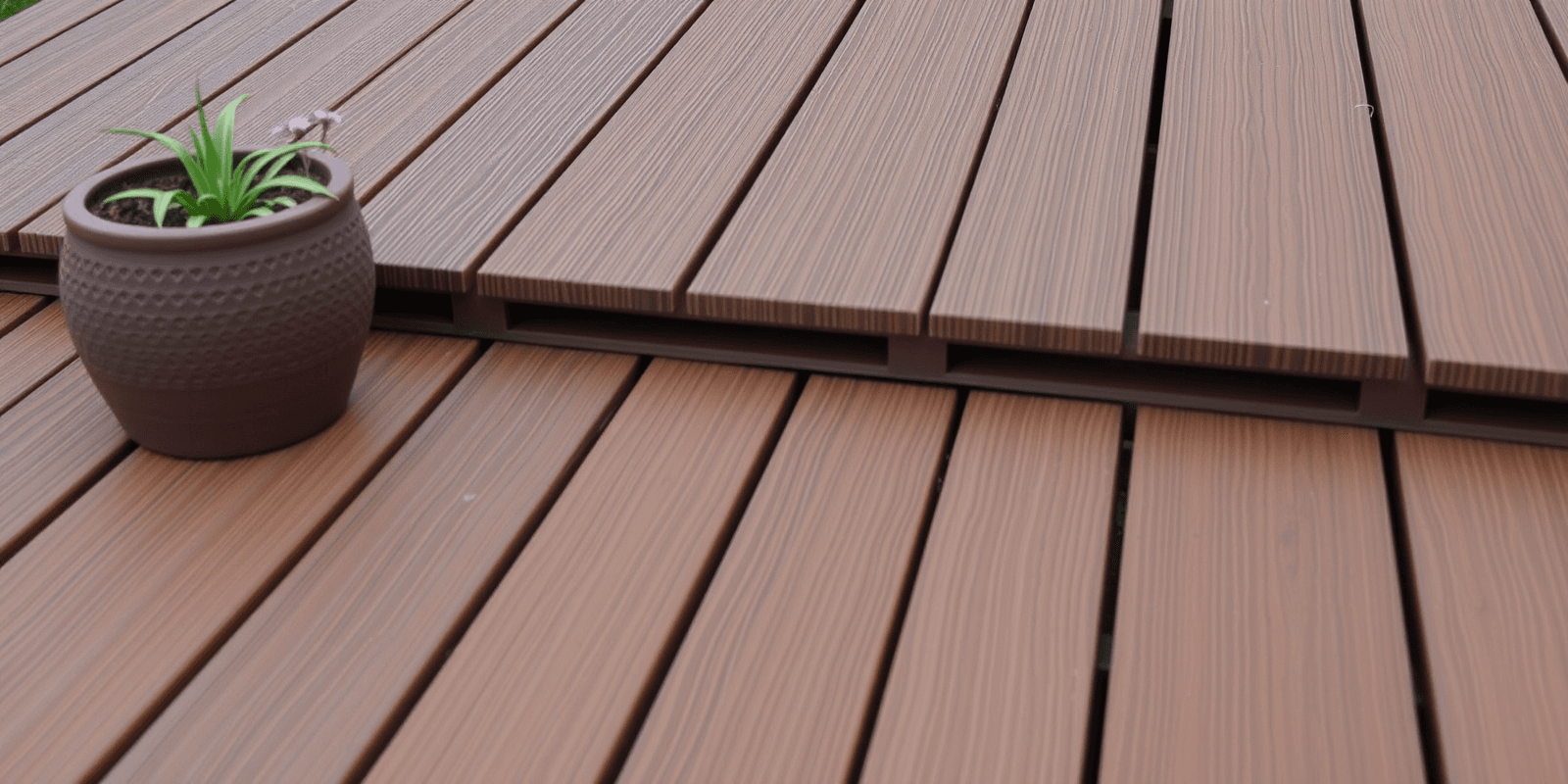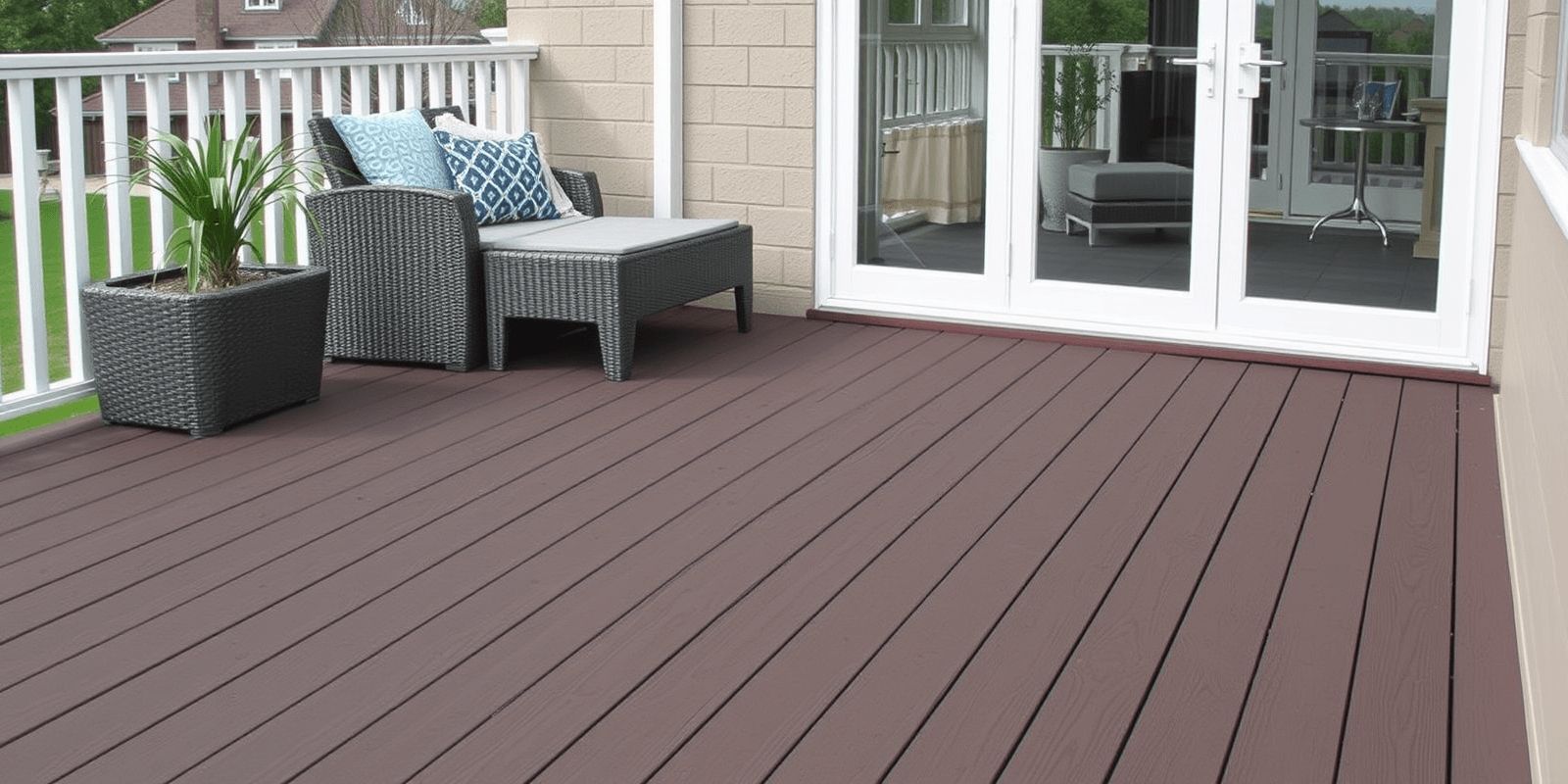“`html
Sustainability at the Core: Wood Plastic Composite Decking Factories
Introduction
In recent years, the demand for sustainable building materials has surged, driving innovation in the wood plastic composite (WPC) decking industry. This blog post explores the sustainability initiatives taken by WPC factories, including recycling programs for plastic waste, the adoption of renewable energy sources, and partnerships with environmental organizations. We will also examine case studies that demonstrate how these practices contribute to a greener supply chain and improved product lifecycle.
Recycling Programs for Plastic Waste
One of the most significant challenges in the manufacturing of WPC is managing the vast amounts of plastic waste. Many WPC factories have implemented robust recycling programs to address this issue. For instance, Trex, a leading manufacturer of WPC decking, operates one of the largest plastic film recycling plants in North America. The company collects and recycles millions of pounds of plastic annually, diverting it from landfills and reducing their carbon footprint significantly.
Adoption of Renewable Energy Sources
Another key aspect of sustainability is the use of renewable energy sources in the production process. Many WPC factories are transitioning to cleaner energy alternatives to reduce their reliance on fossil fuels. For example, CertainTeed, a Saint-Gobain company, has installed solar panels at their manufacturing facilities, which provide a substantial portion of their energy needs. This move not only reduces greenhouse gas emissions but also lowers operational costs over time.
Partnerships with Environmental Organizations
Collaborating with environmental organizations can amplify the impact of sustainability efforts. One notable partnership is between TimberTech and The Nature Conservancy, aimed at promoting responsible forestry practices and protecting natural habitats. Such collaborations help ensure that the raw materials used in WPC production come from sustainably managed forests, thereby contributing to biodiversity conservation.
Case Studies
Trex: A Model of Sustainable Manufacturing
Trex’s comprehensive approach to sustainability includes not only recycling programs but also the development of eco-friendly products. Their WPC decking materials require less maintenance than traditional wood decks, reducing the need for chemicals and extending the product’s lifespan. Additionally, Trex’s commitment to using recycled plastics aligns with circular economy principles, creating a closed-loop system where waste is minimized and resources are conserved.
CertainTeed: Embracing Renewable Energy
CertainTeed’s transition to renewable energy sources showcases the potential for significant environmental benefits. By installing solar panels, they have reduced their dependence on non-renewable energy, resulting in lower carbon emissions and operational costs. Moreover, this initiative sets a precedent for other manufacturers in the construction industry to follow suit, fostering a broader shift towards sustainable practices.
Conclusion
The integration of sustainability into the core operations of WPC factories is not just a trend but a necessity for long-term success. Through recycling programs, the adoption of renewable energy, and strategic partnerships, these factories are setting new standards for environmental responsibility. As consumers increasingly prioritize green products, WPC factories that embrace these practices will not only contribute to a healthier planet but also gain a competitive edge in the market.
“`



